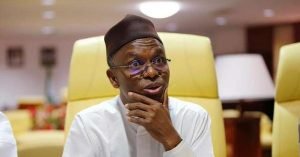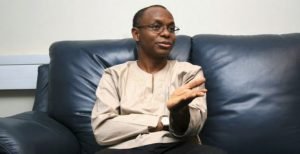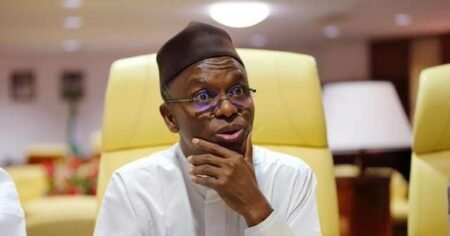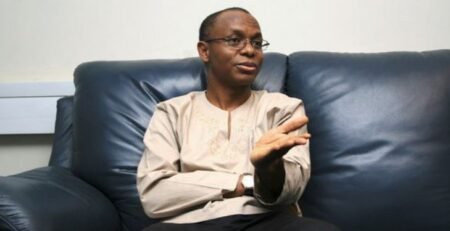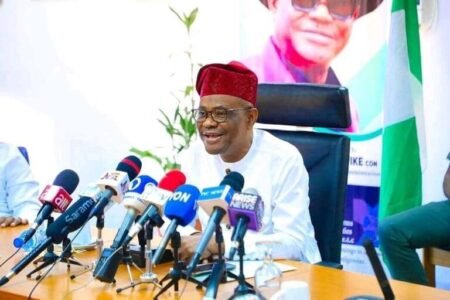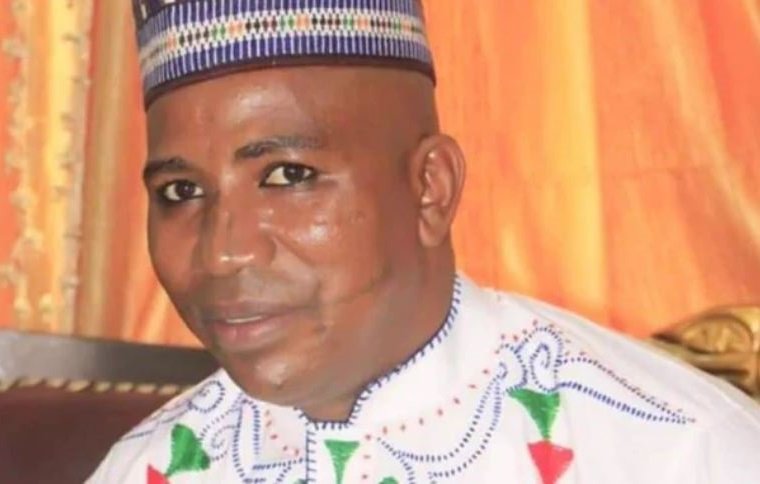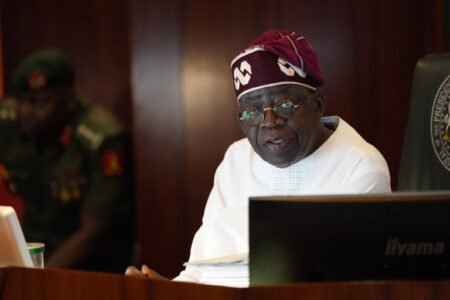BudgIT, a prominent civic-tech organisation advocating for transparency and accountability in governance, has raised alarms over several irregularities in the proposed 2025 Federal Government Budget.
Nancy Odimegwu, Communications Associate for BudgIT, in a statement released on Thursday called on the National Assembly to take a patriotic and inclusive approach during its review process to ensure the budget meets the developmental needs of Nigerians.
The statement highlighted persistent issues with the Federal Government’s budget performance, citing unrealistic macroeconomic assumptions, a lack of transparency, and questionable allocations.
“The government’s inflation projection of 15% in the 2025 fiscal year appears grossly unrealistic, considering that inflation, which stood at 34.6% as of November 2024, has been driven not only by monetary factors such as exchange rate and money supply but also by the constant increase in food and energy prices—both of which the government has not created a clear roadmap to resolving in the short term,” the statement read.
The organisation also raised concerns about the government’s oil price projection of $75 per barrel. While describing it as feasible, BudgIT warned against increasing the benchmark for political gains. “We strongly advise the National Assembly to resist the urge to increase the oil price benchmark to create fiscal space for their budgetary insertions, a practice observed in previous years.”
BudgIT criticised the pattern of budgetary insertions by the National Assembly, alleging that such practices distort the budget’s original intent and undermine national development objectives.
“In 2021, BudgIT observed that 5,601 capital projects were added to the Appropriation Bill during the review process by the National Assembly. In 2022, it increased to 6,462 projects across 37 Mother Ministries and 340 MDAs, while in 2024, 7,447 insertions amounting to a staggering N2.24 trillion were found in the budget,” the statement noted.
The group urged lawmakers to exercise their “Powers of the Purse” responsibly and align budgetary decisions with the nation’s long-term economic goals.
“This responsibility, which cannot be overstated, entails ensuring resource efficiency, eliminating waste, and aligning budgetary decisions with the nation’s long-term economic development goals,” it added.
BudgIT pointed out the omission of detailed budget breakdowns for several government-owned enterprises (GOEs) and commissions. Among the missing entities were the National Judicial Council (₦341.63 billion), TETFUND (₦940.5 billion), and over 60 GOEs, including the Nigerian Ports Authority and NIMASA.
“This approach obscures the true nature of these commissions’ operational expenses,” the statement said, adding that lumping large allocations under personnel costs hinders scrutiny and accountability. The group also criticised the exclusion of funding for the Lagos-Calabar Coastal Road project, noting its potential impact on other critical projects.
BudgIT expressed dismay over recent announcements regarding retirement packages for military generals, which include provisions for bulletproof SUVs, foreign medical treatment, and generous estacodes.
The organisation described these provisions as contradictory to President Tinubu’s commitment to reducing governance costs. “Such provisions not only inflate the budget and widen the fiscal deficit but may also demoralise lower-ranking military personnel, who lack adequate health insurance and retirement benefits despite their higher exposure to combat risks,” the statement added.
BudgIT appealed to lawmakers to prioritise the national interest during the budget review process. “We appeal to the 360 Honourable Members of the Federal House of Representatives and 109 Distinguished Senators of the Nigerian Senate to prioritise national interest over personal or parochial considerations and ensure that the approved budget stimulates economic activities and macroeconomic stability, allocates resources to foster economic growth and development, equitably distributes resources to reduce poverty and inequality, and caters to the most vulnerable Nigerians,” the statement concluded.
The statement underscores the need for a prudent, inclusive, and transparent review process to safeguard Nigeria’s economic future.
